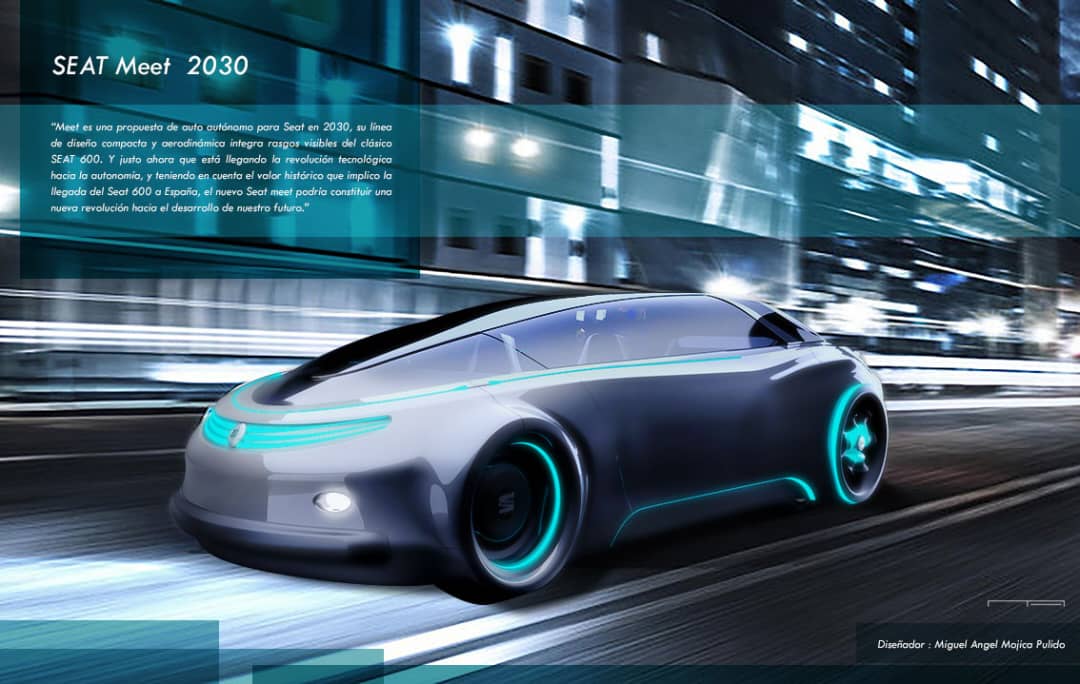Introduction:
In recent years, the rapid advancement of technology has paved the way for significant developments in the automotive industry. One such development that holds great promise is the emergence of autonomous vehicles. These self-driving cars have the potential to revolutionize transportation systems worldwide, including Nigeria. This article explores the future of autonomous vehicles and their potential impact on Nigerian transportation systems.
Defining Autonomous Vehicles:
Autonomous vehicles, also known as self-driving cars, are automobiles that can operate without human intervention. They utilize advanced sensors, artificial intelligence, and machine learning algorithms to perceive their surroundings, make decisions, and navigate safely.
Advantages of Autonomous Vehicles:
a) Improved Safety: Autonomous vehicles have the potential to significantly reduce human errors, which are the leading cause of road accidents. With their advanced sensor systems and quick decision-making abilities, self-driving cars can mitigate the risks associated with human error, potentially saving lives.
b) Increased Efficiency: Autonomous vehicles can optimize traffic flow and reduce congestion by communicating with each other and traffic infrastructure. This can lead to smoother journeys, shorter travel times, and improved fuel efficiency.
c) Enhanced Accessibility: Self-driving cars could greatly benefit individuals who are unable to drive due to disabilities or age-related limitations. They offer newfound independence and mobility, allowing a wider range of people to access transportation options.
d) Environmental Impact: Autonomous vehicles can be designed to operate on electric power, reducing greenhouse gas emissions and promoting sustainable transportation practices. This shift can contribute to a cleaner and greener environment.
Challenges and Considerations:
a) Infrastructure: For autonomous vehicles to operate efficiently, the existing transportation infrastructure in Nigeria would require significant upgrades. This includes the installation of advanced communication systems, smart traffic lights, and dedicated lanes for self-driving cars.
b) Regulatory Framework: The introduction of autonomous vehicles poses regulatory challenges that need to be addressed. Clear guidelines and policies must be developed to ensure the safe and responsible operation of self-driving cars, including liability considerations in case of accidents.
c) Public Acceptance: Widespread adoption of autonomous vehicles in Nigeria would require public trust and acceptance. Education and awareness campaigns can help dispel misconceptions and demonstrate the benefits of self-driving cars, addressing concerns related to safety, privacy, and job displacement.
Potential Impact on Nigerian Transportation Systems:
a) Urban Mobility: With Nigeria’s rapidly growing population and increasing urbanization, autonomous vehicles can help alleviate traffic congestion in major cities. By optimizing routes and reducing the number of privately owned vehicles, self-driving cars can enhance mobility and improve the overall quality of life for urban residents.
b) Public Transportation: Autonomous vehicles could transform public transportation systems in Nigeria. Shared autonomous vehicles or autonomous shuttles could provide affordable, efficient, and convenient transportation options, particularly in areas with limited access to traditional public transport networks.
c) Freight Transport: Autonomous trucks have the potential to revolutionize the logistics and transportation industry in Nigeria. These vehicles can improve supply chain efficiency, reduce delivery times, and minimize costs associated with manual labor.
Conclusion:
Autonomous vehicles hold immense potential for transforming transportation systems in Nigeria. While there are challenges to overcome, including infrastructure requirements, regulatory frameworks, and public acceptance, the benefits of self-driving cars in terms of safety, efficiency, accessibility, and environmental impact cannot be ignored. As technology continues to advance, it is essential for Nigeria to embrace the possibilities offered by autonomous vehicles and carefully navigate the path toward a future where transportation is safer, more efficient, and sustainable.



